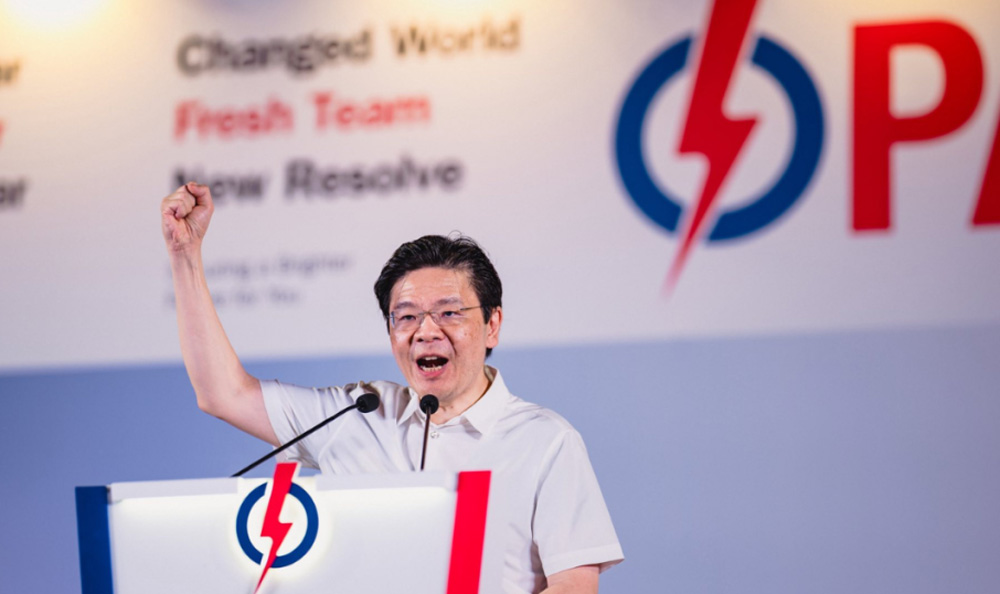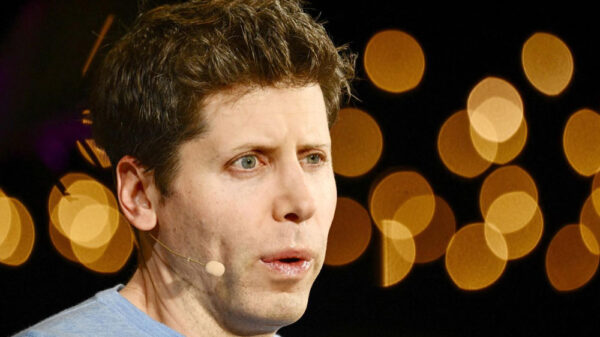Singapore’s ruling People’s Action Party (PAP) has emerged victorious in the country’s 14th general election, securing a landslide win that reinforces its decades-long dominance in the city-state’s political landscape. The PAP, led by Prime Minister Lawrence Wong, won 87 out of 97 parliamentary seats, while the main opposition Workers’ Party retained its 10 seats. The election saw a record-low turnout of 92.47%, with voting mandatory for all eligible citizens above the age of 21.
PAP’s Vote Share Rises to 65.57%
The PAP not only retained its stronghold in parliament but also increased its national vote share to 65.57%, a significant improvement from the 61.2% it garnered in the 2020 election. This marks a noteworthy achievement for Lawrence Wong, as he becomes the first PAP leader to improve the party’s vote share in his debut election as prime minister. Wong, who succeeded Lee Hsien Loong in May 2024, now leads Singapore during a period of global economic turbulence.
In his victory speech, Wong expressed gratitude for the strong mandate given to the PAP, stating, “Singaporeans have given the PAP a clear and strong mandate to govern. The results will put Singapore in a better position to face this turbulent world.” He highlighted that the election’s outcome sends a clear signal of trust and stability to international observers, investors, and foreign governments.
Challenges Dominating the Election
Economic issues such as the rising cost of living, job security, and slowing economic growth were central to the election campaign. Singapore recently downgraded its GDP growth forecast for 2025 to between 0% and 2%, with first-quarter growth coming in at a modest 3.8%. The government has implemented measures to navigate these challenges, including forming a task force led by Deputy Prime Minister Gan Kim Yong to address immediate economic uncertainties.
Wong also warned earlier this year of a potential recession in 2025, as the country grapples with global trade disruptions and the impact of U.S. tariffs. Singapore faces a 10% tariff on its exports to the U.S., despite its longstanding free trade agreement with the country since 2004. Efforts to negotiate concessions for pharmaceutical exports and strengthen export controls for high-end AI chips are ongoing.
International Reactions
The PAP’s victory has drawn congratulatory messages from global leaders. The U.S. State Department extended its congratulations to Wong, expressing eagerness to collaborate with Singapore’s government on economic growth and defense ties. European Commission President Ursula von der Leyen also praised the EU’s deepening partnership with Singapore, citing cooperation in trade, defense, and innovation.
A Historic Win for Wong
This election holds historical significance for Prime Minister Wong. The PAP’s vote share had declined during leadership transitions in 1991 and 2006, making this year’s result a personal and political milestone. Wong’s leadership style and focus on economic resilience have resonated with voters, helping the PAP secure its best performance in over a decade.
Since its founding in 1959, the PAP has governed Singapore with an unbroken streak of electoral victories. This year’s win reaffirms its position as the dominant political force in the city-state, even as it faces mounting economic challenges and an increasingly uncertain global environment.











